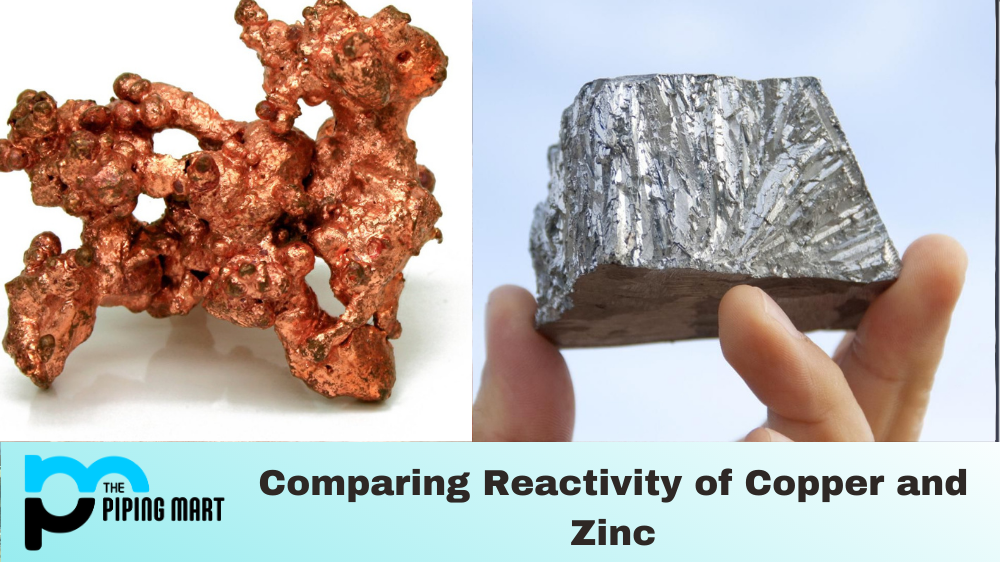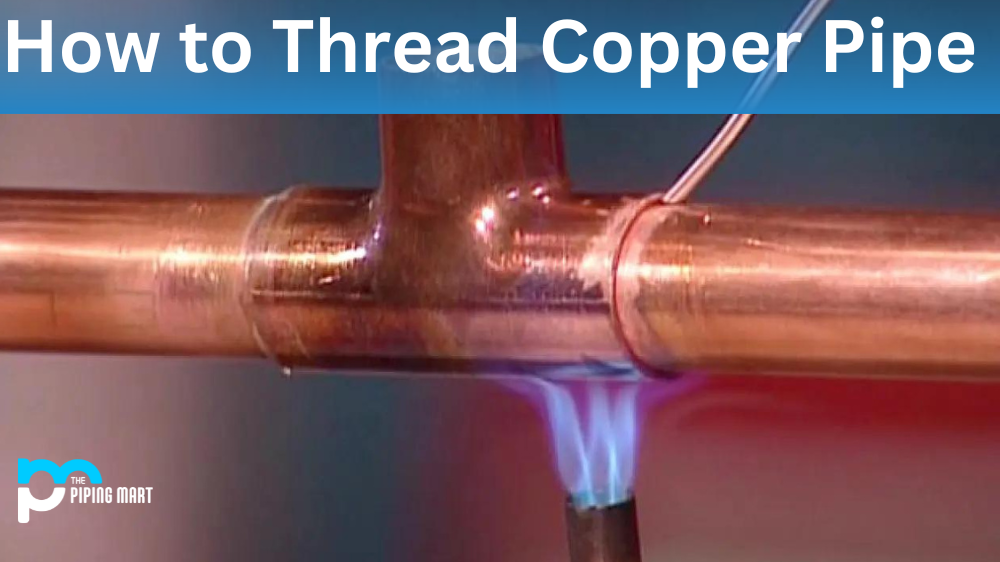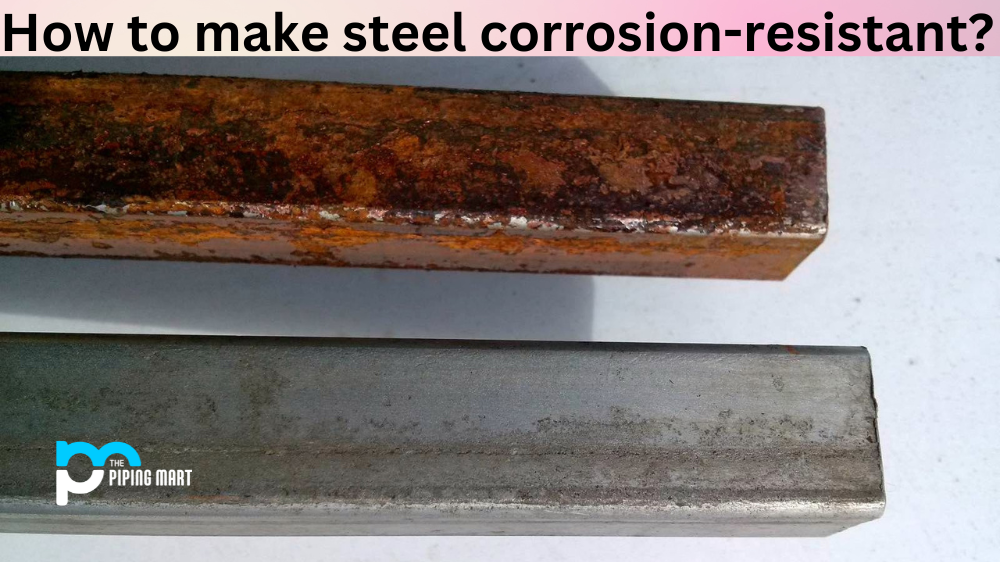In chemistry, elements are classified according to their reactivity. Some elements are more reactive than others, meaning they will interact more quickly and easily with other elements. In this blog post, we’ll discuss two common elements—copper and zinc—and compare their reactivity.
Copper vs Zinc Reactivity
Copper is a relatively unreactive element that does not easily form compounds with other elements except oxygen and sulfur. When copper reacts with oxygen, it creates a thin layer of black copper oxide on the surface of the metal. This layer protects the metal from further oxidation and corrosion. When copper reacts with sulfur, it produces a light blue-green compound called copper sulfide.
Zinc is much more reactive than copper and will react readily with many different types of substances, such as acids, bases, and salts. When exposed to air or water, it will quickly form a protective coating of zinc oxide on its surface, preventing further corrosion or oxidation. When zinc reacts with an acid, it forms hydrogen gas along with salt. For example, when zinc is exposed to hydrochloric acid (HCl), it will form hydrogen gas (H2) and chloride ions (Cl–).
Is zinc more reactive than iron?
Yes, zinc is more reactive than iron. Zinc is an easily-oxidized metal, meaning that it will go through a reaction with oxygen and result in the formation of zinc oxide. This oxidation helps keep the metal from corroding or otherwise decaying, making it popular in many different industries. Iron is more resistant to corrosion but can still decay over time when exposed to certain elements such as water or air. If kept dry and clean, however, iron can last for centuries without changing much at all. Although both metals are reactive in nature, zinc’s properties make it far more reactive than iron.
Zinc and copper reaction equation
The zinc and copper reaction equation involves zinc reacting with a solution of copper sulfate. This reaction produces zinc sulfate, along with solid copper. During the reaction, zinc atoms donate electrons to the copper cations, producing zinc ions in the process. The result is a redox reaction that produces zinc and copper sulfates in the solution and creates solid metallic copper. Knowing the zinc and copper reaction equation helps us understand how zinc can be used to obtain other elements through redox reactions.
Conclusion
In conclusion, both zinc and copper are reactive metals, but they have different levels of reactivity due to their chemical properties. Copper is less reactive than zinc and will only form compounds with oxygen or sulphur, while zinc can form compounds with many different substances, such as acids, bases, and salts. Understanding the differences between these two metals can help you make better decisions about which one you should use for your projects or applications. Thanks for reading!

Pipingmart is a B2B portal that specializes in metal, industrial and piping items. Additionally, we share the latest information and information about materials, products and various types of grades to assist businesses that are involved in this business.




